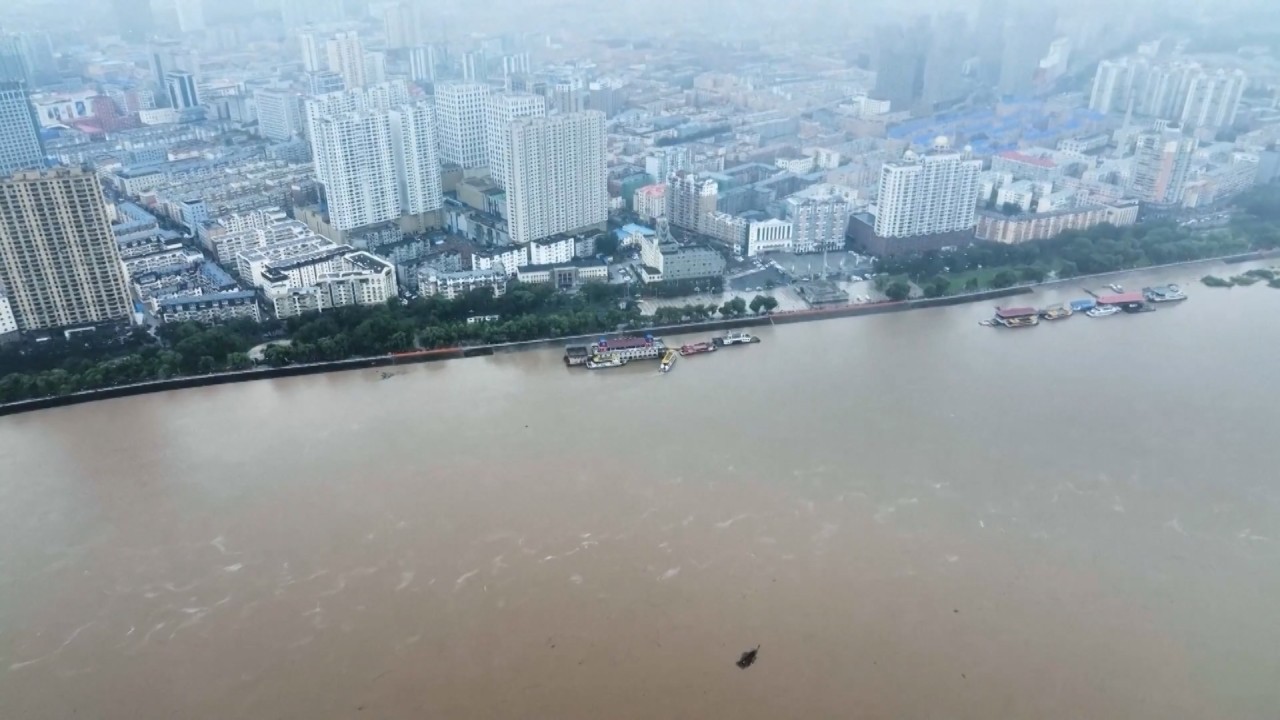Advertisement
What can Beijing learn from the worst flooding in 140 years?
- Improvements needed in weather monitoring systems to combat increased extreme weather events
- Recent heavy rainfall recorded by meteorological stations in Beijing and Hebei exceeded all historical data
Reading Time:3 minutes
Why you can trust SCMP
41

In the wake of Beijing’s heaviest rainfall in 140 years, experts have warned that China needs to strengthen its weather and hydrological monitoring system, with the number of extreme weather events expected to increase due to climate change.
The downpours in the Chinese capital, which caused deadly flooding, broke a swathe of meteorological records. According to the Beijing Meteorological Service, one station in the northwest district of Changping recorded 744.8mm (29.32 inches) of rainfall between Saturday and Wednesday – the highest since 1891.
Lincheng, in the neighbouring Hebei province, experienced the highest rainfall, though, with 1,003mm falling between Saturday and Monday. That is equivalent to two years of rainfall in the region.
Precipitation across the area was also record-breaking, with daily rainfall recorded by four meteorological stations in Beijing and 10 in Hebei exceeding the historical maximums.
During the heavy rainfall event in Beijing, data from more than 100 automatic meteorological stations in the city were interrupted because of power or station problems, according to the China Meteorological Administration. It added satellite information and radar detection was used to determine precipitation.
Shao Sun, a climatologist at the University of California, Irvine, said it was the most intense rainfall event northern China had experienced since 1964, surpassing the 2012 flooding that killed 79 people and affected more than 1.6 million.

Advertisement
